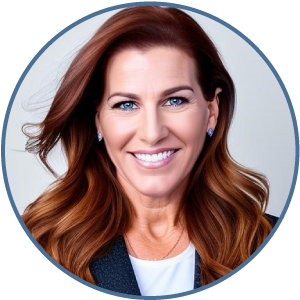
Webinar: Understanding and Preventing Sexual Harassment in the Workplace
Join us for an essential discussion on sexual harassment in the workplace, exploring its various forms, impacts, and legal implications. This webinar will provide viewers with an understanding of what constitutes harassment, including unwanted advances, inappropriate conduct, and behaviours that create a hostile work environment. We will discuss the psychological, economic, and professional consequences for individuals and organisations, as well as the barriers to reporting and how to navigate workplace policies.
Participants will also learn about bystander intervention, strategies for reporting and documentation, and methods to foster a respectful and inclusive work culture. Whether you're an employee, manager, or industry leader, this session will equip you with the knowledge and tools to prevent, address, and respond to harassment effectively. Don't miss this opportunity to contribute to a safer, more supportive workplace for all.
About the speaker:

Angela Hucker, CEO of EPIC - Empowering People in Construction
Angela is a construction industry expert with 30 years of experience within the industry, including almost a decade as a FIFO worker.
Angela's portfolio including power, oil and gas, renewables, infrastructure, commercial, civil, mega-projects, and even a spotlight on US TV Show 'Mega Structures'.
Angela’s firsthand experience in the industry, especially as a FIFO worker, working in remote locations around Australia, fuelled her mission to eradicate the challenges women face in the industry, and positively advocate for change.
Angela is passionate about reshaping the industry, and inspiring us all along the way.
About the webinar:
Time: 12.00pm - 1.00pm (AEST)
Cost: Complimentary
CPD: 1 point (please note: CPD Certificates will not be issued for attendance at this webinar)
Register below for the live session or CLICK HERE to register for the recording.
The views and opinions expressed in this presentation are those of the presenter(s) and do not necessarily reflect the official policy or position of AIQS.